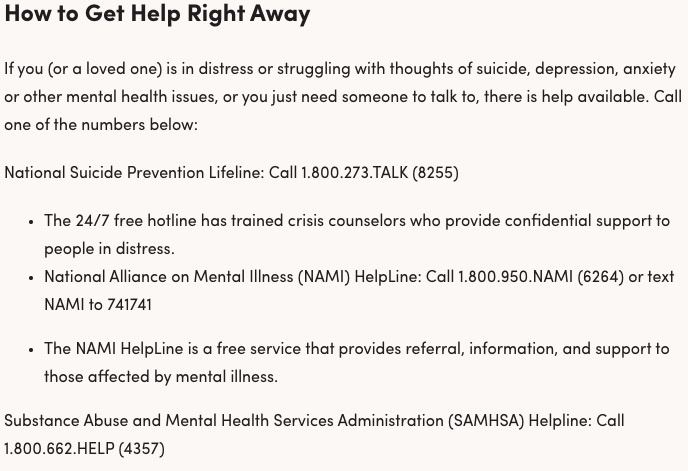The SSRI List of Antidepressants (SLAs) – The Basics

SSRI List of Antidepressants (SLAs) was approved for the treatment of mood disorders, especially anxiety and depression. It is also prescribed for patients who have been prescribed SSRIs for their use, but do not respond well to these types of medications. SSRIs work by binding to serotonin receptors and regulating levels of the neurotransmitter in the brain.
Selective serotonin reuptake inducers are usually a special group of antidepressants that are commonly used as antidepressants for the treatment of many different mood disorders, including major depression and generalized anxiety disorders. The most popular SSRI is Paxil. Other common SSRIs used to treat these conditions are Zoloft and Prozac. The main problem with SSRIs is that they act very quickly, and in some cases, within minutes.
Side effects associated with SSRIs include sexual dysfunction, headaches, and diarrhea. Long-term use of SSRIs can also have a number of other undesirable effects, including liver damage, blood clots, depression, and weight gain. SSRIs are also known to interact with certain medications, including chemotherapy, antidepressants, anticoagulants, and blood thinners.
When a doctor prescribes SSRIs for a patient to treat depression or anxiety, it is important to follow the doctor's prescribed medication regimen and also to ensure that the medication is used correctly. If this is your first time taking an SSRI or switching from another drug, you should always discuss these issues with your doctor. The Antidepressant List (SLA) SSRI will tell you how often your doctor recommends that you take this medication. As your body adapts to the medication, it may become less effective and you will need to change your dose.
The FDA recommends the use of SSRIs as first-line therapy for mood disorders when conventional treatments have proven ineffective. If your SSRIs are not working for you, it may be worth trying something stronger, such as tricyclic antidepressants (TCAs) or fluoxetine. Additionally, SSRIs can be combined with other medications for greater success, such as anxiety medications.
Serotonin in the brain is responsible for producing feelings of happiness and energy. When the levels of serotonin in the brain are too low, the result is often depression or anxiety, and irritability, as well as a reduction in appetite and sex drive. SSRIs reduce the amount of serotonin in the brain by binding to serotonin receptor sites and increasing its activity.

Some people choose to take SSRIs even when they have not experienced a bout of depression or anxiety, to help them through these difficult periods. While there are several different types of SSRIs available, it is important to talk to your doctor and get the full medical history of any drug you are considering taking to be sure that it is safe for you to use.
The SSRI List of Antidepressants (SLAs) contains all of the information that a person should know about SSRIs. This is a great resource for anyone who is interested in understanding the benefits and risks of the drug.
As with all drugs, there have been short-term studies conducted that suggest that the use of SSRIs can help people suffering from depression and anxiety during their short term studies with them. The studies did not find that these drugs increased suicidal thoughts or behavior, but they did show an improvement in moods in some patients.
One of the common side effects of SSRIs is the increased production of serotonin in the brain. People taking these drugs, especially those taking TCAs or fluoxetine, have been found to experience a loss of appetite and have sexual dysfunction, even when taking the medication in the form of an antidepressant pill. Although this does not necessarily mean that taking the drugs is harmful to a person's sexual performance, the increase in serotonin in the body will affect the ability of the body to produce testosterone and increase a person's risk of erectile dysfunction.
Many people are concerned about the long term effects of taking these drugs for the length of time that they are used. In short term studies, SSRIs have been shown to decrease suicidal thoughts and behavior, as well as the need for antidepressant drug therapy, but most of the long term studies have not been done.
Unfortunately, there is no FDA-approved drug currently on the market that can replace SSRIs as the only form of treatment for depression and anxiety. However, some doctors are recommending that patients start using SSRIs along with the use of an antidepressant for some time and then switch to a more natural form of therapy when their symptoms get worse. Taking SSRIs for just a few days might help a patient to begin the process of treating the depression and anxiety, and helping them feel better in the short term.